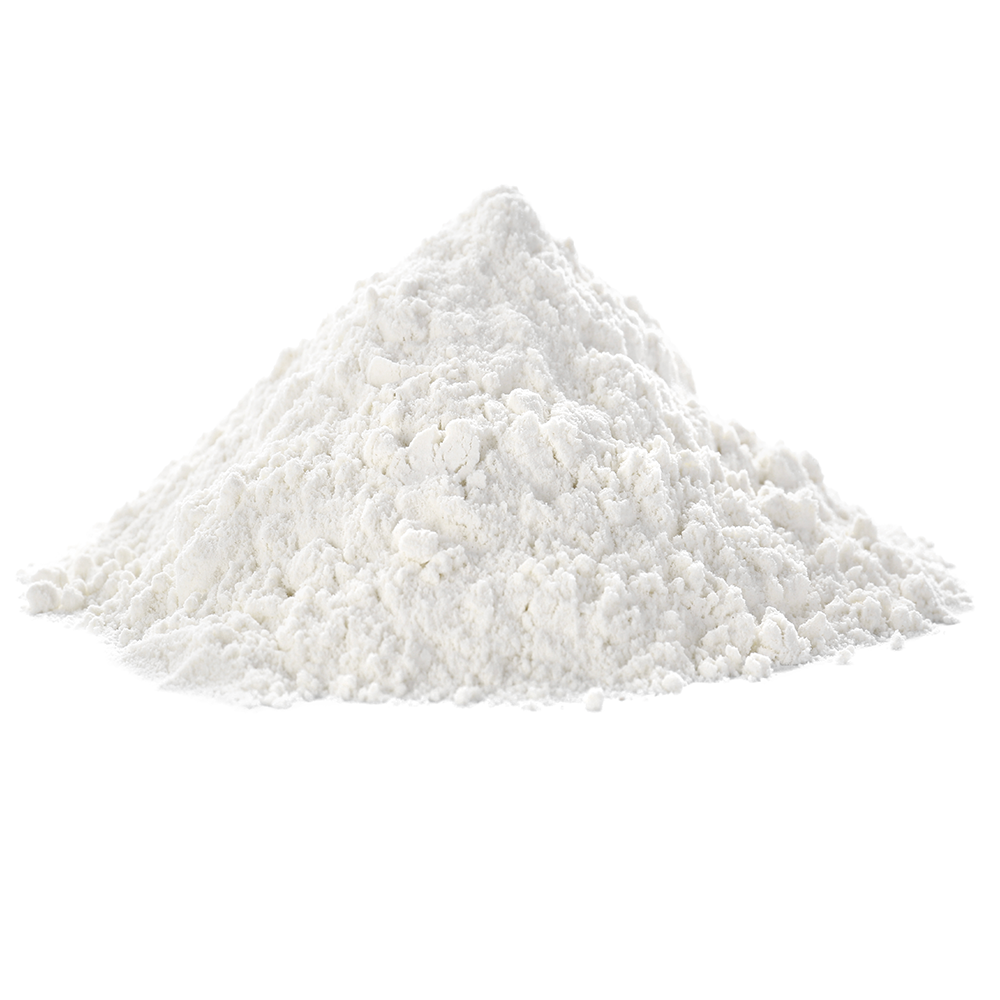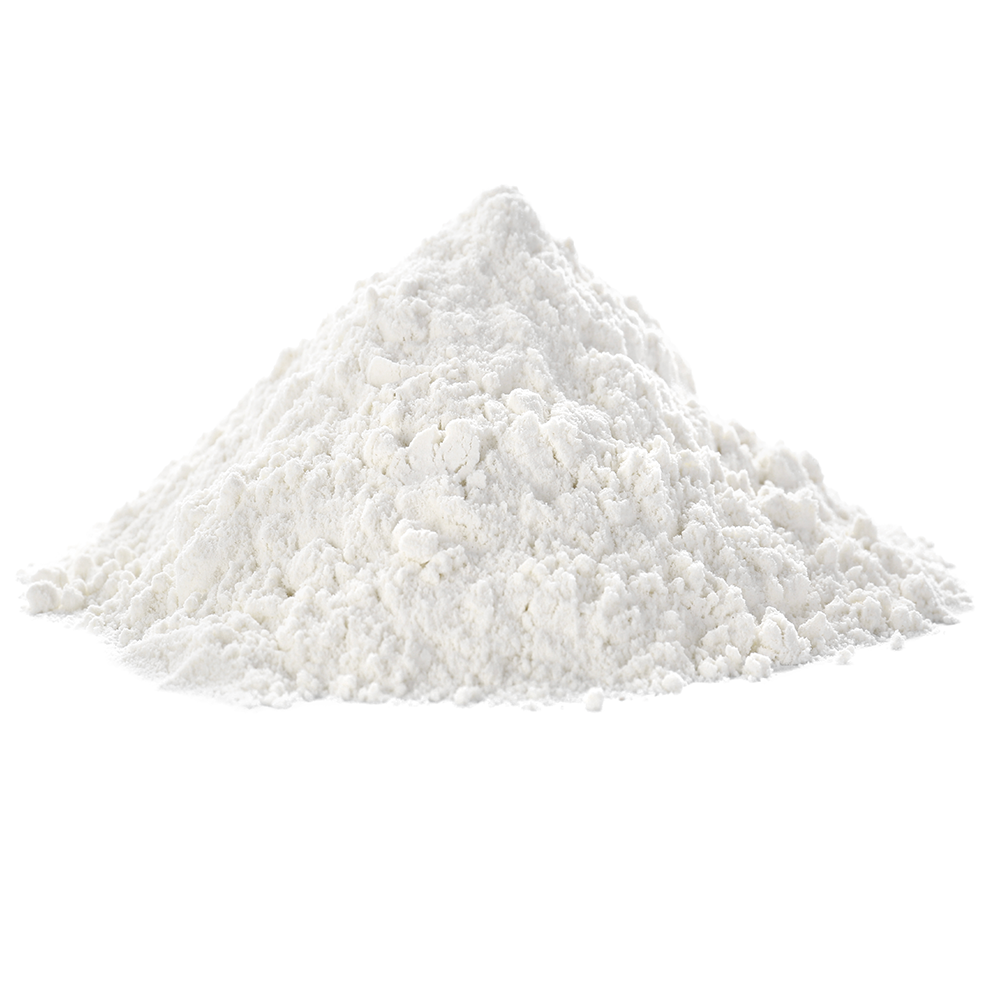The importance of bees and their vital role in supporting the food chain is majorly underestimated. As crop pollinators, bees help produce a third of the global food supply. Not only is their cross-pollination vital to sustaining life on earth, but they also help create medicines and help provide half of the fibers, oils, and other raw materials worldwide1. In addition, they produce bee pollen, a superfood with nutritional benefits that surpasses almost every other food. The derivatives we get from bees are:
- Raw Honey
- Royal Jelly
- Bee Bread
- Bee Venom
- Bee Pollen
“It is estimated that bee pollination is responsible for about $15 billion in added crop value per year.”
How Bee Pollen Is Formed
Bee pollen is found on the hives of honeybees as a byproduct. There is an interesting flow to how pollen is eventually created. Bees feed on the nectar of flowers, where they collect flower pollen in combination with the flower nectar. They return to the hive, and a mixture of flower pollen, bee saliva, and wax from the honeycomb combines to form bee pollen. This mixture falls off the legs of the bees and builds up alongside the hive. Beekeepers then collect this bee pollen to create the product that is available in stores and supplement shops2.
So, Why is Bee Pollen Good For Us?
This superfood contains 96 essential nutrients, vitamins, minerals, and essential amino acids derived from bee pollen and is a complex food with about 200 active substances. Some of the notable active substances include:
- Amino Acids
- Vitamins A, B1, B2, B6, C, D and E
- Triglycerides
- Micronutrients and Macronutrients
- Flavonoids
Bee pollen contains antioxidants that reduce damage to our cells. It also contains antimicrobial and anti-inflammatory properties. The pollen has high levels of the flavonoids quercetin and kaempferol, which accounts for its antimicrobial properties. Studies on animals have shown anti-inflammatory effects from bee pollen which is a good sign that these effects may carry over to humans. Bee pollen can aid in the following health conditions:
- High Cholesterol
- Acne
- Arthritis
- Asthma
- Eczema
- Allergies
- Osteoporosis3
Helps With Allergies
The management of seasonal allergies is one of the most common uses for bee pollen. It is thought that by ingesting pollen, our body builds a resistance to potential allergies and, therefore, reduces allergy symptoms. Studies that were conducted with animals showed promising results in combating the effects of allergies.
Improves Stress Levels
During high-stress periods, bee pollen has been shown to promote physical homeostasis. If you recall from high school biology class, homeostasis is a state of balance within our biological systems, which is needed for our bodies to function correctly. Bee pollen helps your body not to have the “fight or flight” response, which lowers stress levels.
It helps Regulate Our Immune System
By aiding in the individual immune response in each of our cells, research has shown that compounds in bee pollen help to regulate our overall immune system. These compounds include flavonoids, steroids, and volatile oils have shown to be effective in reducing the impact of allergies on our immune system4.
Improves Our Body’s Utilization Of Nutrients
Studies show that bee pollen is helpful in our body’s ability to absorb nutrients. Studies performed on rats have shown that they absorbed 66% more iron when fed bee pollen. This is just one of the many nutrients the absorption rate is positively affected by when consuming bee pollen. It is believed this is due to the quality of proteins and amino acids contained in bee pollen.
Helps Menopausal Symptoms
For women, menopause can often cause uncomfortable symptoms such as hot flashes, mood changes, night sweats, and sleep interruptions. Several studies performed showed that bee pollen could help alleviate several of these distressing symptoms. The women in the studies taking bee pollen had reduced hot flashes and irritability, and they saw an improvement in their mood and energy5.
How Do You Take Bee Pollen?
Bee Pollen is widely available in supplement form and can easily be added to your diet in several ways. These include adding bee pollen to your food by topping yogurt or cereal with this superfood, mixing it into smoothies, and adding it to desserts like ice cream or frozen yogurt6.
With the massive benefits we can get from this superfood, bee pollen supplements will most likely be on your following shopping list. It is incredible to think that such a small creature is providing our world with such amazing advantages.
References:
- Helping Agriculture’s Helpful Honey Bees, https://www.fda.gov/animal-veterinary/animal-health-literacy/helping-agricultures-helpful-honey-bees#:~:text=It’s%20their%20work%20as%20crop,bills%20buzzing%20over%20U.S.%20crops.
- What Are The Scientifically-Proven Benefits of Eating Bee Pollen, https://scitechdaily.com/what-are-the-scientifically-proven-benefits-of-eating-bee-pollen/
- Bee Pollen: What To Know, https://www.medicalnewstoday.com/articles/bee-pollen.
- What is Bee Pollen Good For? https://www.medicinenet.com/what_is_bee_pollen_good_for/article.htm.
- Herbal Remedy…Improves Quality of Life In Menopausal Women…, https://pubmed.ncbi.nlm.nih.gov/16096172/.
- Top 11 Health Benefits of Bee Pollen, https://www.healthline.com/nutrition/bee-pollen#TOC_TITLE_HDR_10.









